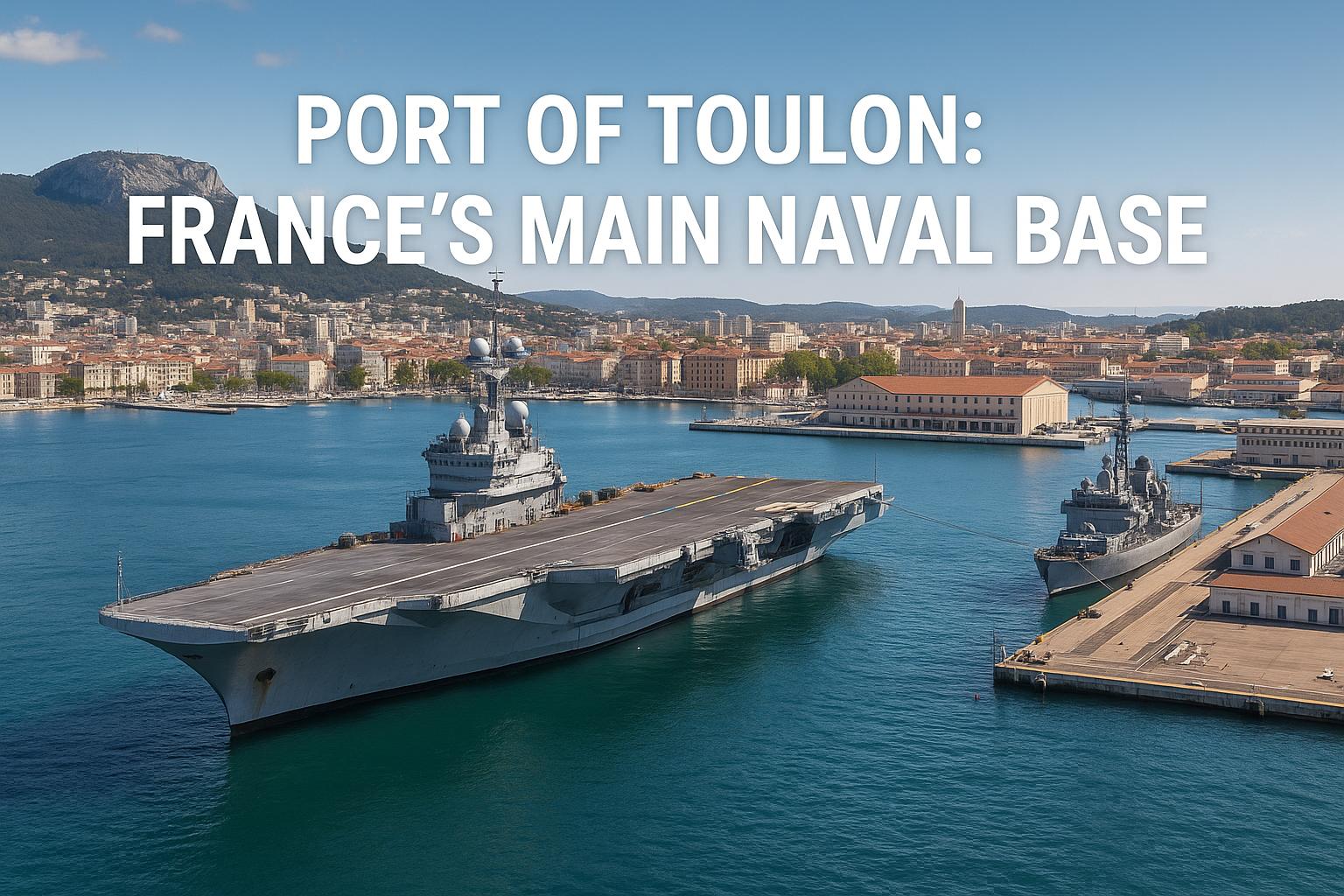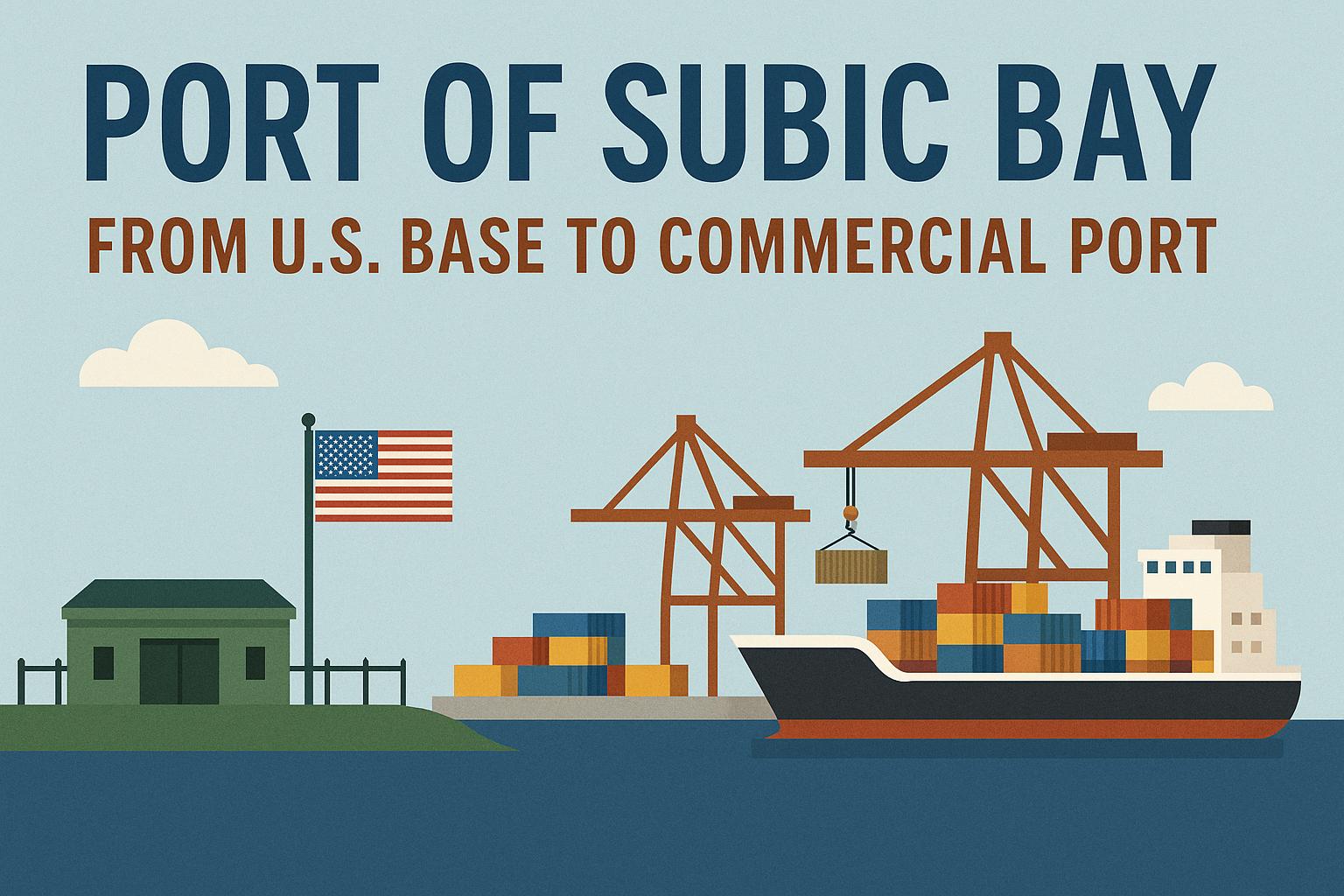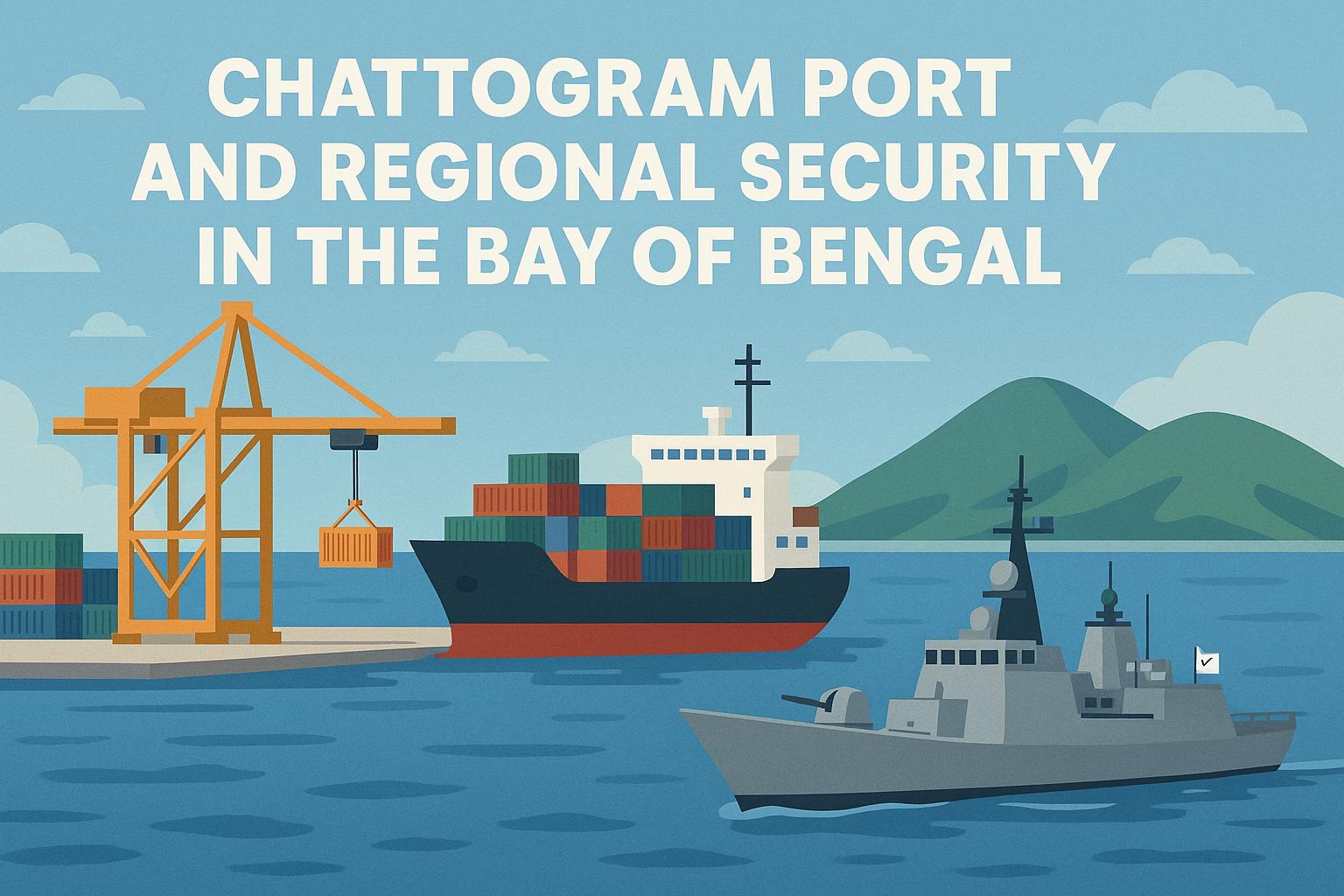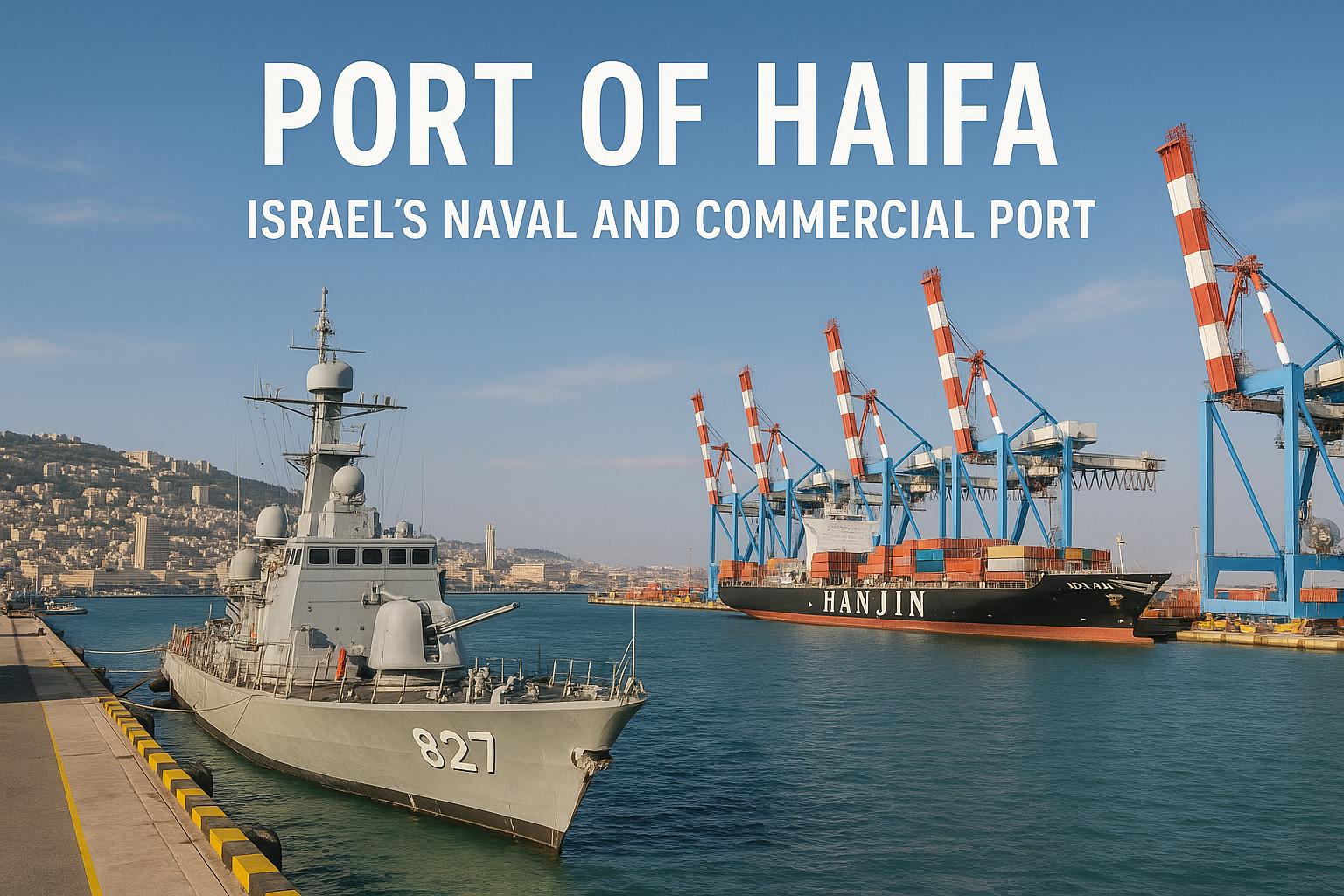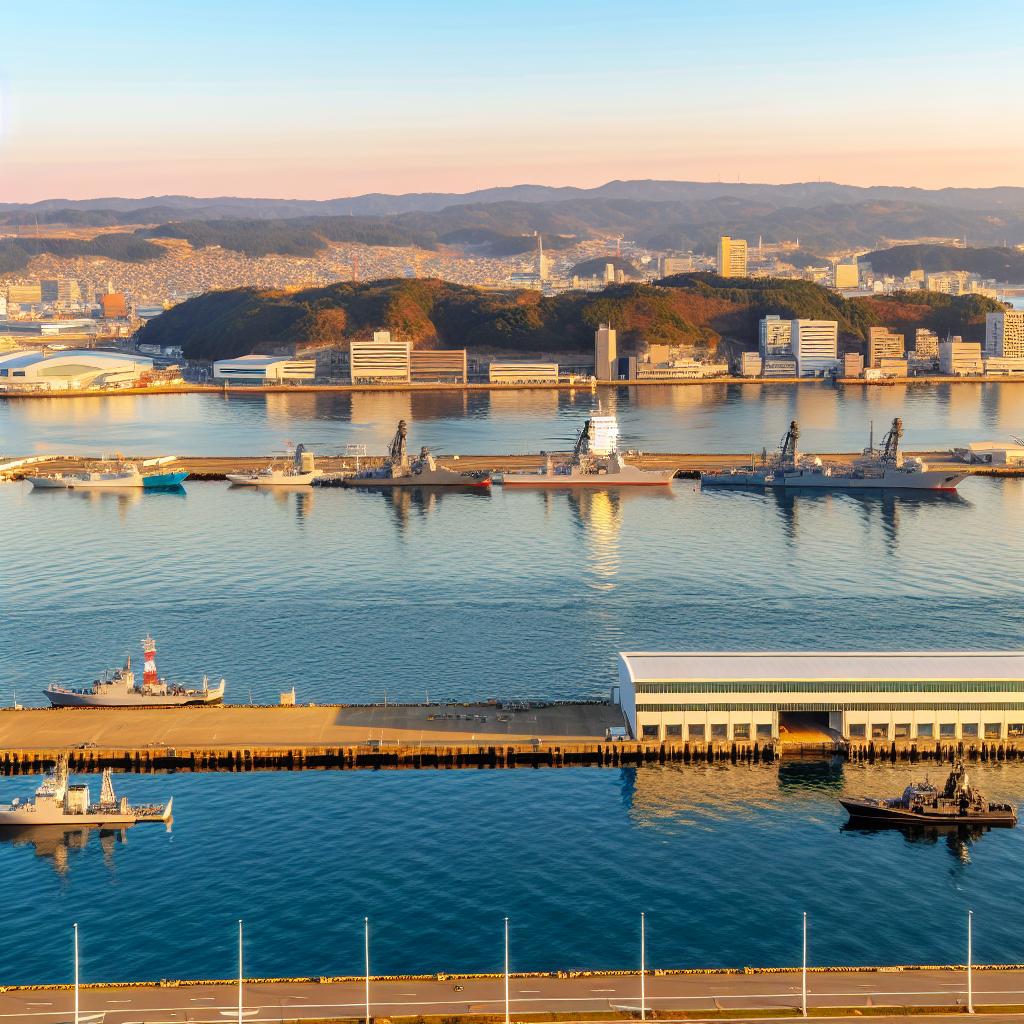Overview of Toulon’s Port
Located on the Mediterranean coast, the Port of Toulon serves as a strategic asset for France, functioning primarily as its main naval base. Positioned in the Var Department in the Provence-Alpes-Côte d’Azur region, Toulon is not only a hub for maritime operations but also serves as a key site for maintenance and logistical support of the French Navy.
Historical Background
The significance of Toulon’s port stretches back several centuries. It was during the reign of King Louis XIV that the port was fortified with the development of naval infrastructure aimed at safeguarding France’s maritime interests. Over the years, the port evolved to adapt to modern technological and strategic advancements, establishing itself as a premier naval facility.
Modern Infrastructure
The Port of Toulon’s infrastructure is equipped with state-of-the-art facilities, thereby meeting the demands of contemporary naval operations. This modern infrastructure is capable of accommodating various types of vessels, including both surface ships and submarines. Moreover, Toulon is home to dry docks and repair stations that are essential for the upkeep and modernization of naval fleets, making it integral to national defense efforts.
The dry docks at Toulon are critical for conducting scheduled maintenance and emergency repairs. The ability to house advanced surface ships and submarines underscores the strategic importance of the port. Furthermore, modern technology incorporated within the port facilitates efficient naval operations, from logistics to comprehensive repair operations. These facilities ensure that the naval vessels remain in peak condition, ready to deploy as the situation demands.
Role in French Naval Strategy
As France’s main naval base, Toulon plays a pivotal role in the execution of national and international maritime strategies. The base supports a wide array of operations that range from defense readiness missions to humanitarian and peacekeeping efforts. The French aircraft carrier, Charles de Gaulle, along with numerous frigates, destroyers, and support vessels, call Toulon their home port. This concentration of naval power enables France to maintain a robust maritime presence and execute complex naval missions effectively.
The base is also vital in hosting joint training exercises with allied nations. Such exercises are crucial in enhancing interoperability between different naval forces, thereby strengthening international maritime cooperation. Toulon stands as a center for strategic planning and execution of military operations, making it a linchpin in France’s broader naval strategy.
Economic and Strategic Impact
Beyond its military importance, the Port of Toulon significantly contributes to local and regional economies. The presence of the naval base has catalyzed the development of related industries, like shipbuilding and marine engineering, leading to substantial employment opportunities. Numerous small to medium enterprises have emerged as ancillary support to the naval activities, indicating how deeply intertwined the port is with the regional economy.
Strategically located near key maritime routes, the port enhances France’s capability to project power and secure its interests in the Mediterranean and beyond. The Mediterranean region holds vital shipping lanes and is a key area of geopolitical interest. Toulon’s port positions France advantageously, allowing it to influence maritime affairs across this important body of water.
The economic ripple effects extend to tourism as well. The port attracts tourists interested in naval history and technology, contributing to the regional tourism industry by boosting local businesses such as hotels, restaurants, and related services.
Conclusion
The Port of Toulon remains a cornerstone of French naval operations. Serving as the main naval base, it is indispensable for the country’s defense capabilities and continually supports a wide range of military and civilian activities. Its facilities and operations play a crucial role in enhancing France’s maritime defense posture and in advancing its strategic interests. The ongoing development and modernization of the port underscore its importance not only to France but also to the regional stability in the Mediterranean.
Toulon’s role continues to evolve with changing geopolitical realities and advancements in naval technology. This dynamic adaptation ensures that the port remains a formidable asset for France, capable of meeting current and future challenges. Therefore, its relevance extends beyond national security, impacting economic prosperity and international diplomacy. Keeping pace with global maritime trends, Toulon fortifies its position as a significant global naval hub in an interconnected world.
The intertwining of economic, strategic, and military functions at the Port of Toulon contributes to a comprehensive maritime strategy that protects and projects France’s interests. As international maritime security challenges evolve, Toulon is well-prepared to adapt and respond, enhancing its role in promoting peace and stability in a complex global landscape.
